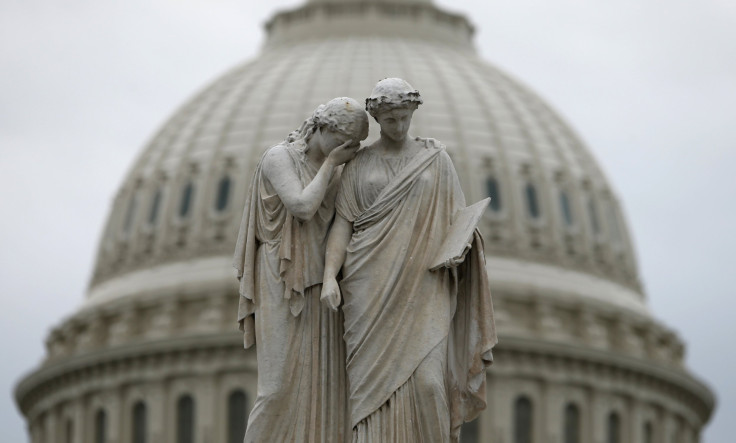Christians Make Up Vast Majority of Members of 114th Congress

One thing that isn't new about the incoming Congress is the faith of its members. The vast majority of lawmakers being sworn in on Tuesday are followers of Jesus Christ, according to a new Pew Research Center study on the religious makeup of Congress. In all, 92 percent of the 114th class of lawmakers in the House and Senate identify themselves as Christians. Similar to the 113th Congress before it, more than half of the Christians are Protestant and one-third of them are Catholic.
That makeup is greater than the rates among all U.S. adults, who are 49 percent Protestant and 22 percent Catholic, the Pew study found. In the House and Senate, which will be controlled by Republicans for the first time since 2006, adherents in the nation’s other religions are represented in numbers closer to their general population. Together, Buddhists, Muslims and Hindus combined represent about 2 percent of U.S. adults and are 1 percent of Congress. Jews, about 2 percent of the U.S. population, have a higher representation in Congress at 5 percent.
Among the 301 Republican members, only one, freshman Rep. Lee Zeldin of New York, is not Christian. Zeldin is Jewish. There are 14 Republican Mormons in the new Congress. Of 234 Democrats, 187 are Christian and 27 are Jewish. There are two members each in the Mormon, Buddhist and Islamic faiths. There is one member who is Hindu.
There is only one member of Congress, Rep. Krysten Sinema, D-Ariz., who describes herself as religiously unaffiliated. Sinema was first elected in 2012. She reflects a growing segment of the U.S. population, or 20 percent, of "nones" who do not report a religious affiliation. The number of ordained ministers in Congress, currently seven, has not fluctuated in recent years, according to Pew.
© Copyright IBTimes 2024. All rights reserved.












